Women’s Professional Soccer (2010-2011)
Tombstone
Born: 2009 – WPS expansion franchise
Folded: January 30, 2012
First Match: April 11, 2010 (T 0-0 vs. Atlanta Beat)
Final Match: August 27th, 2011 (L 5-4 on penalty kicks vs. Western New York Flash)
WPS Championships: None
Stadia
2010: John A. Farrell Stadium (7,500)
Opened: 1970
2011: Leslie Quick Stadium
Opened: 1994
2011: PPL Park (18,500) – Playoff semi-final only
Opened: 2010
Branding
Team Colors: Yellow, Steel Grey, Light Blue
Ownership
Owner: David Halstead
Attendance
Tilting your mobile device may offer better viewing.
Source:
- “WPS Attendance down from ’10 despite Boost Following FIFA Women’s World Cup.” Sports Business Journal. Accessed March 2, 2022. https://www.sportsbusinessjournal.com/Daily/Issues/2011/08/16/Research-and-Ratings/WPS-gate.aspx.
Trophy Case
WPS Michelle Akers Player of the Year Award
- 2011: Veronica Boquette
WPS Coach of the Year Award
- 2010: Paul Riley
- 2011: Paul Riley
WPS Sportswoman of the Year Award
- 2011: Nikki Krzysik
Background
The Philadelphia Independence soccer team enjoyed a brief two-season run in Women’s Professional Soccer (2009-2011), a league that briefly could claim status as the top women’s soccer league in the world. But financial problems sunk the league after just three seasons of play.
The Independence entered WPS as an expansion club during the league’s second season in 2010. This would be Philly’s second go round with women’s soccer, following the Philadelphia Charge (2001-2003) of the defunct Women’s United Soccer Association.
Building The Independence
The Independence and WPS’ other 2010 expansion club, the Atlanta Beat, faced a challenging competitive landscape. The entire U.S National Team and dozens of the top international players were already to committed to multi-year contracts with existing WPS clubs. Philly snapped up the lone impact played available in the expansion draft, U.S. National Team midfielder Lori Lindsey. Atlanta never overcame the expansion disadvantage and fielded a distant last place club. Philadelphia GM Terry Foley and Head Coach Paul Riley, in contrast, wheeled and dealed extensively. They found value in under-utilized players and shrewd international signings throughout the winter of 2009 into 2010.
From the Boston Breakers, Foley acquired U.S. National stalwarts Heather Mitts and Amy Rodriguez. Mitts was a well-known figure in Philadelphia owing to her success with the WUSA’s Philadelphia Charge and her engagement to Philadelphia Eagles quarterback A.J. Feeley. For all her marketing potential, Mitts never fit in Paul Riley’s system. She saw her playing time diminish late in the 2010 season.
The opposite was true for Rodriguez. The league’s #1 overall pick in the 2009 WPS Draft, A-Rod floundered in Boston. She scored only one goal in Boston and started fewer than half the team’s matches. But her club career flourished in Philadelphia. In 2010, the speedy forward finished third in WPS in goals with 12. She was named a finalist for the WPS Player-of-the-Year Award.
The Independence also scored with a quartet of international signings. Swedish playmaker Caroline Seger, Canadian National Team goalkeeper Karina LeBlanc, English forward Lianne Sanderson and bruising Icelandic defender Holmfridur Magnusdottir all made strong contributions. Philly cultivated an intensely physical style of play and the team was notably strong on defense.
2010 Inaugural Season
The Independence debuted in Philadelphia on April 11, 2010 playing fellow expansionists the Atlanta Beat to a 0-0 draw at Farrell Stadium on the campus of West Chester University. The crowd of 6,028 was a highlight, but subsequent games drew small gatherings even by WPS standards. The Independence finished with the worst attendance in the seven-team league with 2,938 per game in 2010.
On the field, though, the Independence excelled, finishing 3rd in the regular season table with a 10-10-4 record. The Independence saved their best play for the postseason. In the first round, Amy Rodriguez’s overtime goal in the 120th minute lifted Philly past the Washington Freedom before 2,378 in West Chester, PA. Then it was off to Boston for the WPS Super Semi-Final, where the Independence fought back from an early 1-0 deficit to triumph 2-1 in overtime. The game winner came on a header from Danesha Adams, a controversial goal that hardcore Breakers supporters would insist was a handball for years to come.
In the WPS Cup final, the Independence faced FC Gold Pride, one of the most dominant women’s club sides ever assembled. The final, played on Gold Pride’s home ground in Hayward, California would be Philadelphia’s third win-or-go-home playoff match in eight days. Gold Pride enjoyed a two-week layoff to prepare for the match. The Independence’s fatigue after two overtime matches in a week showed. Gold Pride made quick work of the Philadelphians 4-0 in the Final.
2011: New Stadium, New Challenges
For the Independence’s second season, the club moved to Leslie Quick Stadium at Widener University in Chester. The club re-tooled on the field as well. Gone were Heather Mitts and Karina LeBlanc. New arrivals included emerging U.S. National Team midfield star Megan Rapinoe, former USWNT super sub Natasha Kai and Spanish striker Veronica Boquete.
Early season attendance plummeted across the league in 2011, due in part to an austerity program championed by Independence owner David Halstead. The budget cuts eviscerated the league’s national office and saw local administration and marketing cut to the bone. Philadelphia’s own financial challenges were revealed when Halstead sold Megan Rapinoe to Dan Borislow’s controversial MagicJack club for a record-setting transfer fee of $100,000 in June 2011. By this point, Borislow and Western New York Flash owner Joe Sahlen were the only WPS owners spending more than the bare minimums required to finish out the season.
The cost-slashing owners got a reprieve of sorts when the U.S. National Team went on an inspiring run through to the 2011 Women’s World Cup Final, drawing huge TV ratings along the way. With most of the USWNT stars still playing in WPS, large crowds turned out in league cities to see Rapinoe, Alex Morgan, Hope Solo and Abby Wambach upon their return from the World Cup.
Championship Re-Match (Sort Of)
The Independence were even better in 2011. The club’s 11-4-3 record was second only to the expansion Western New York Flash (13-2-3), who were basically the previous year’s champions, FC Gold Pride, re-constituted in the East. Newcomer Veronica Boquete won the league’s Player-of-the-Year award, despite appearing in only 11 matches.
The Independence hosted MagicJack in the semi-final on August 20, 2011. The game was played at 18,500-seat PPL Park, home of the Philadelphia Union of Major League Soccer. It was the first home and only match the Independence ever played on a proper soccer pitch. Both Farrell Stadium and Quick Stadium were turf fields with stitched-in American football markings. A small crowd of 5,410 turned out for the match, despite the presence of Abby Wambach and other newly famous U.S. World Cup stars on the MagicJack team. The Independence disposed of MagicJack 2-0 to earn a return ticket to the WPS Cup final.
One of the largest crowds in WPS history, 10,361 strong, turned out at Sahlen’s Stadium in Rochester, New York for the final on August 27, 2011. Unlike the year before, the Independence were rested and ready to bring their best game. The Flash featured many of the top players from the defunct FC Gold Pride and the game was effectively a rematch. In the 64th minute, Christine Sinclair put the Flash up 1-0 on a cross from Candace Chapman. Amy Rodriguez blasted home the equalizer in the 87 minute to knot the match at 1-1. Neither team scored during the 30-minute overtime session. The championship would be decided on penalty kicks.
Paul Riley left Rodriguez off his list of five shooters, despite the fact that she was Phildelphia’s all-time leading scorer. Lianne Sanderson, Danesha Adams, Leigh Ann Robinson, and Veronica Boquette converted on Philly’s first four kicks. The first five shooters scored for Western New York. On the final kick, Flash goalkeeper Ashlyn Harris denied Philly’s Laura Del Rio with a tremendous diving stop to deliver WPS to the Flash.
Demise
This proved to be the final game WPS ever played. By the end of the 2011 season, most franchises were ghost ships, stripped of full-time professional sales & operations staffers. A bruising legal battle loomed with rogue owner Dan Borislow of the MagicJack club. U.S. Soccer conducted an embarrassing public audit to determine whether WPS still met the minimum standards to be sanctioned as a 1st division league. Faced with all these headwinds, WPS folded up shop on January 30, 2012.
Several franchises dropped into a lower-level semi-pro league – the WPSL Elite – to continue playing. But not Philly. Owner David Halstead opted to shut down his Philadelphia club.
Philadelphia Independence Video
Philadelphia Independence face the Western New York Flash in the 2011 WPS Cup in Rochester, New York on August 27th, 2011. Final match in WPS history before the league folded.
Downloads
7-24-2010 Independence vs. Sky Blue FC Game Notes
7-24-2010 Philadelphia Independence vs Sky Blue FC Game Notes
Links
August 2011 @TheGoalkeeper Q&A with Independence owner David Halstead
###

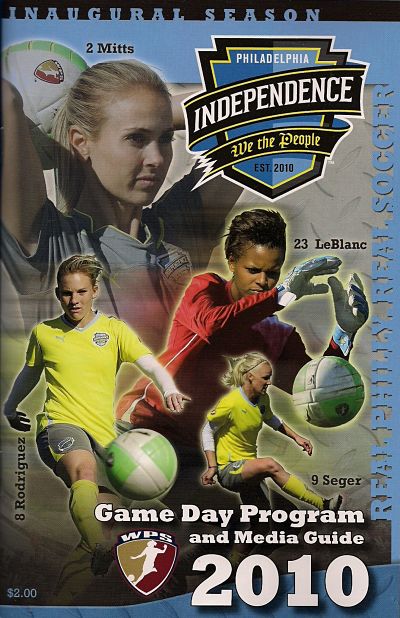
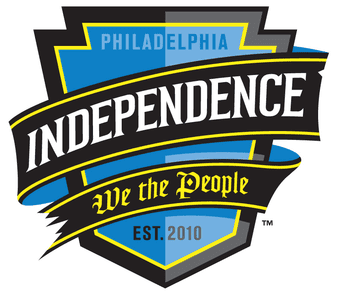
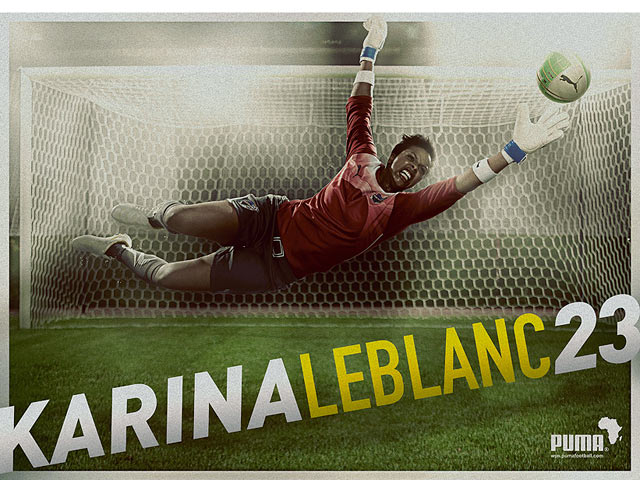
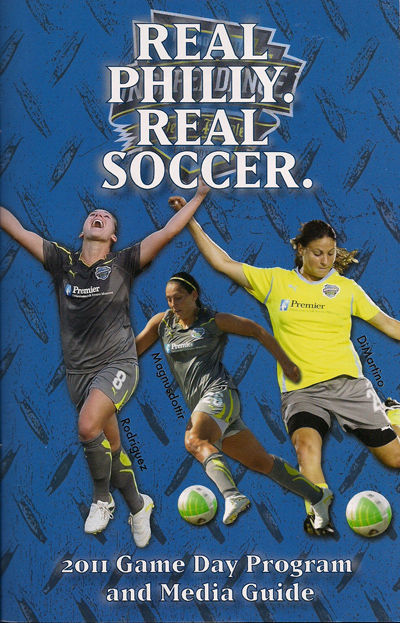
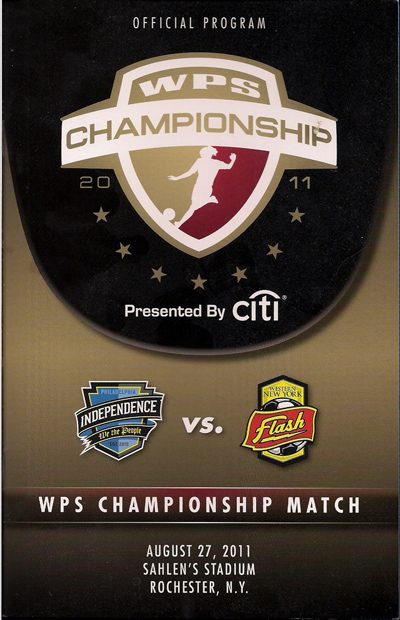
2 Responses
It is sad when i read this, I put together a roster that competed for Championships for 2 years. I hope the Philly fans can get a team to compete in the NWSL.
I hope so too.